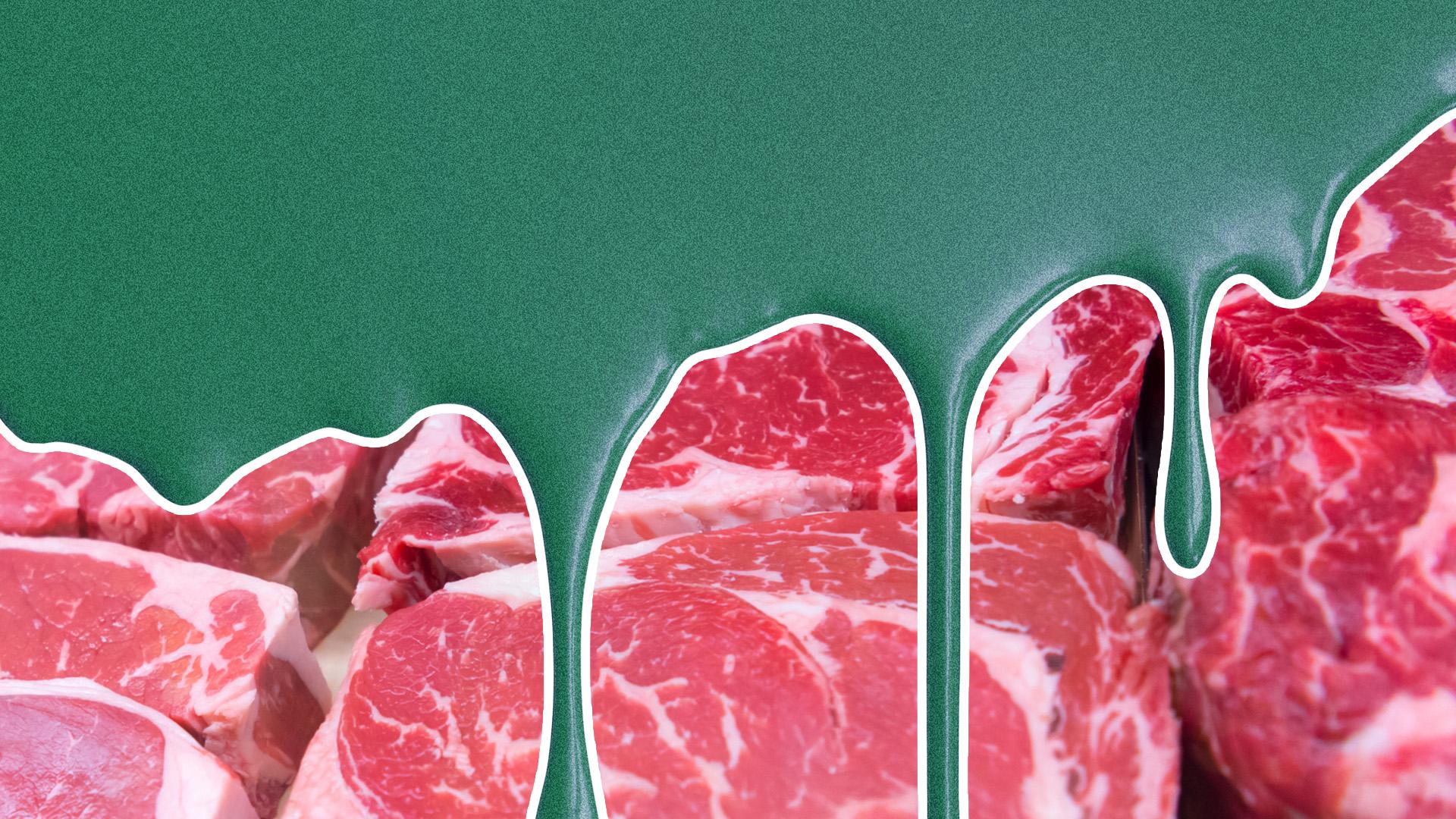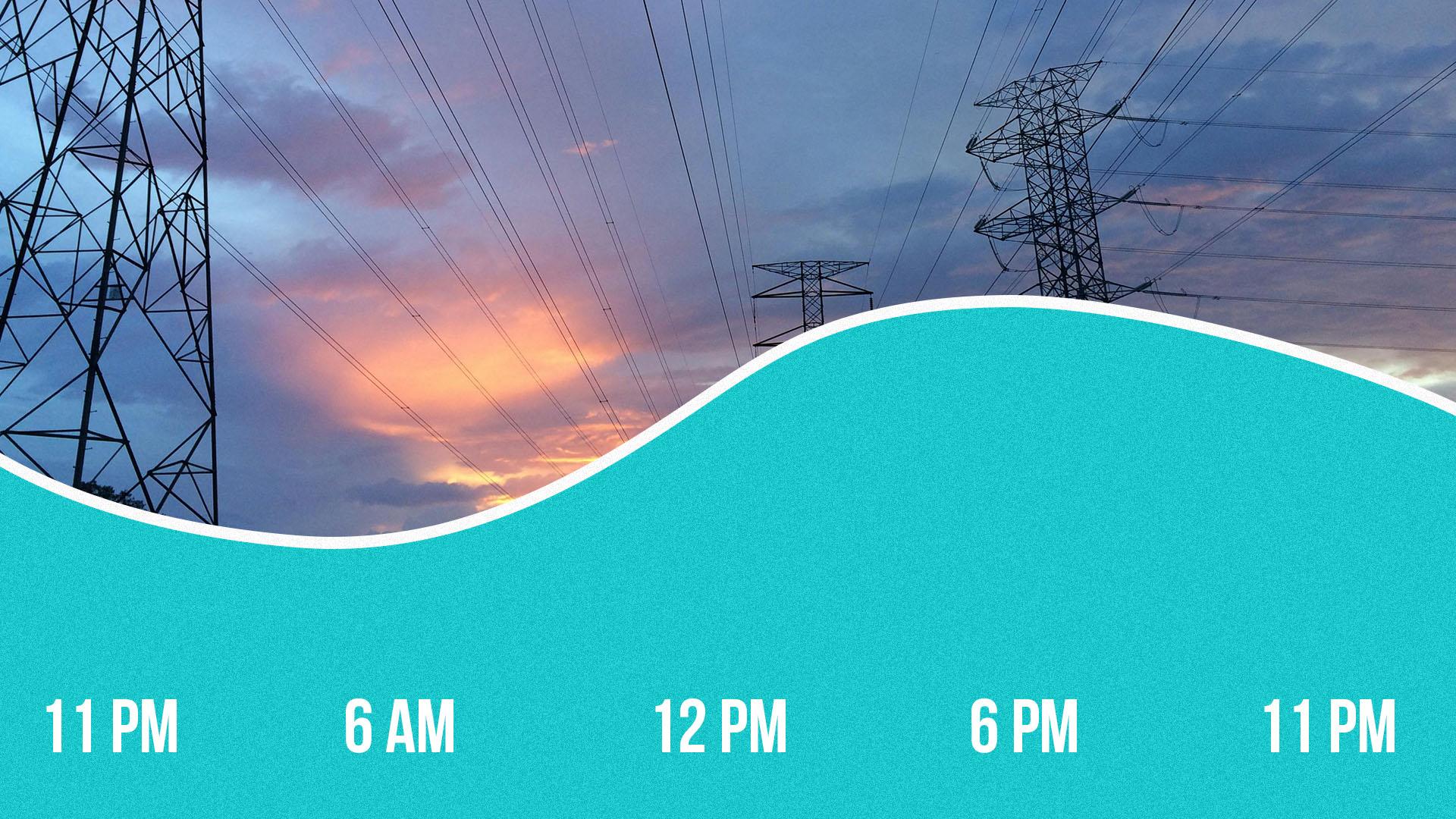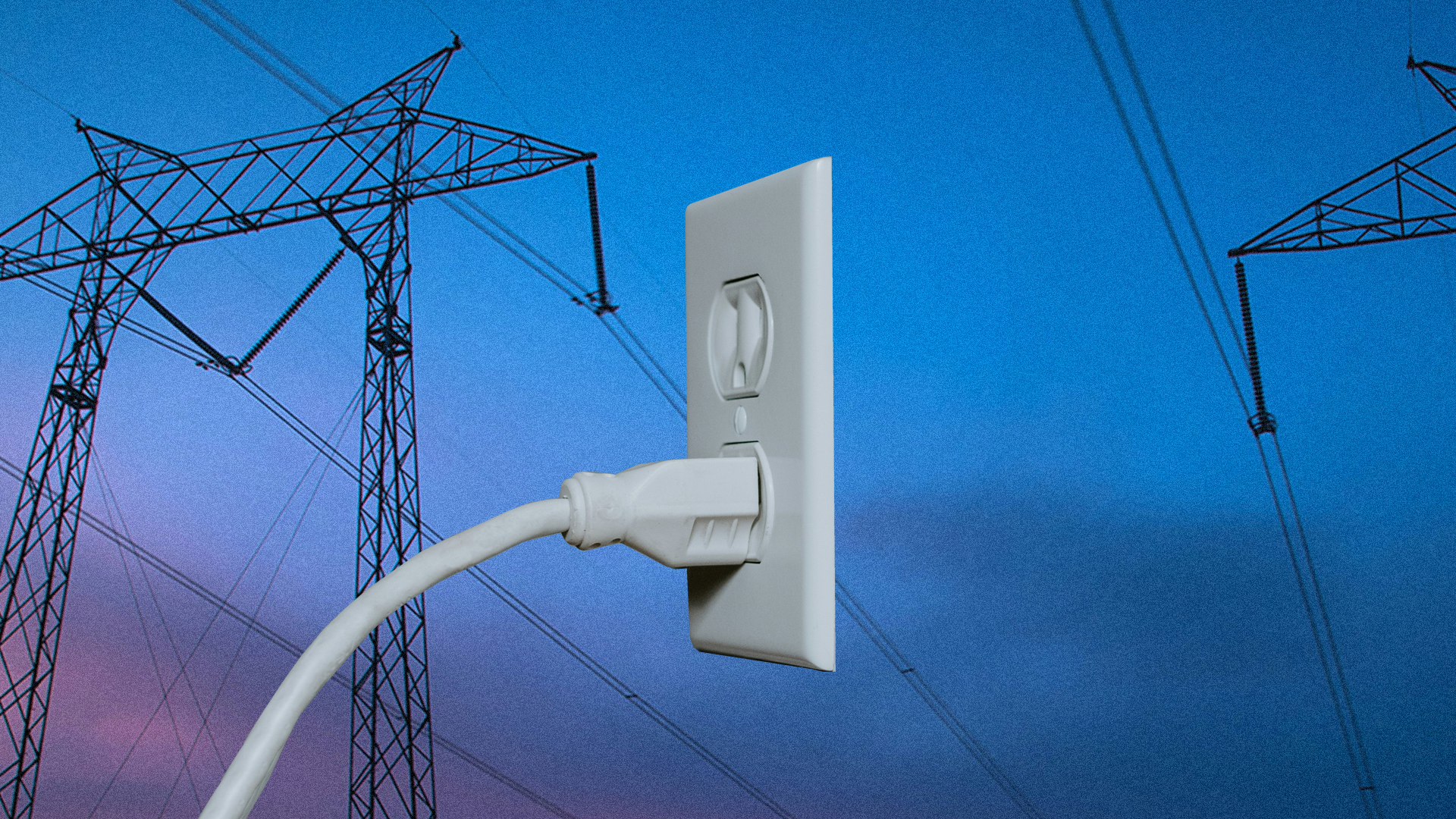Drawdown® Science
Quick Links
- — Our Purpose
- — Our Team
- — Solutions Assessment Fellows
- — Latest from Drawdown Science
To solve climate change before it’s too late, we must strategically mobilize all available solutions. The Drawdown Science team generates and shares science-based insights and tools to enable those with the capacity to implement climate solutions to do so as quickly, safely, and equitably as possible.

Build Frameworks
We create conceptual frameworks to guide the implementation of climate solutions in the most effective way.

Develop Tools
We design web-based tools to help change makers effectively apply science-based climate solutions.
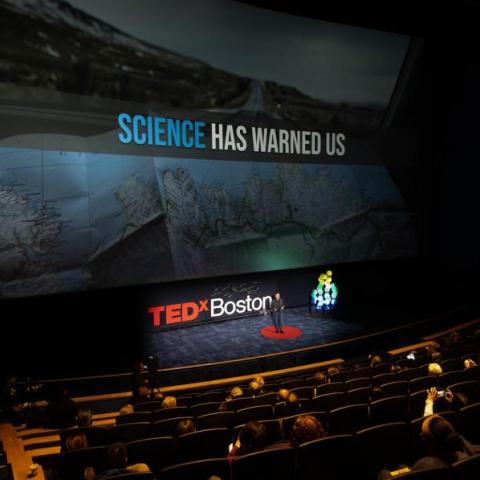
Share Insights
We use our expertise to shape global discussions and actions that accelerate progress toward a climate-stable future.
Our Team
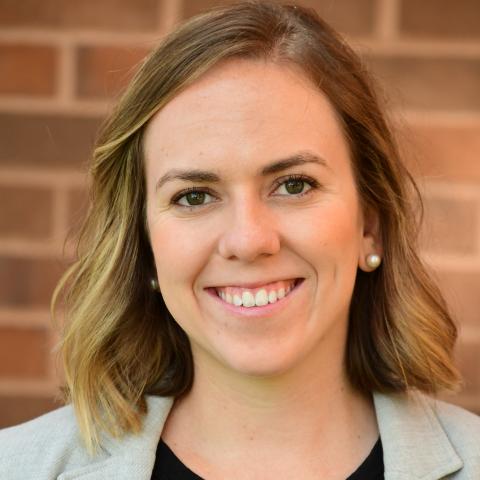

Ruthie Burrows, Ph.D., is a population-environment researcher with interdisciplinary experience in geography, demography, and epidemiology. At Project Drawdown, her work focuses on developing methods to integrate demographic data into climate solutions analyses. Ruthie earned her Ph.D. in Geography from the University of Minnesota, where she was also a Population Studies Trainee in the Minnesota Population Center. Her dissertation research examined the role of social and natural environmental contexts on child health outcomes in Senegal. Previously, she worked at the Center for a Livable Future, contributing to research on local food systems in Baltimore, Maryland. Ruthie holds master’s degrees in Epidemiology and Geographic Information Systems (GIS) from Johns Hopkins University.
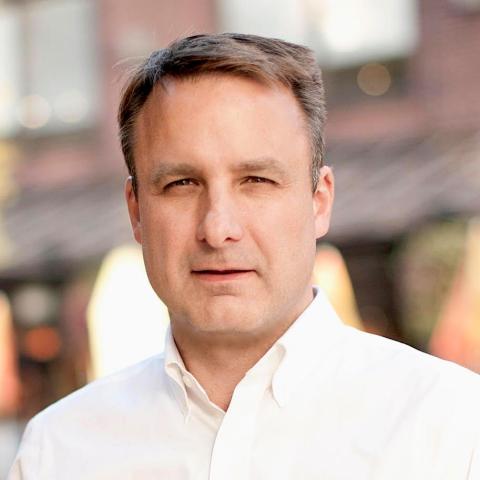

Jonathan Foley, Ph.D., is executive director of Project Drawdown and a world-renowned environmental scientist. His work focuses on finding new solutions to sustain the climate, ecosystems, and natural resources. He has published over 130 peer-reviewed scientific articles and had presentations featured at hundreds of international venues. Jon founded the University of Wisconsin Center for Sustainability and the Global Environment, served as the founding director of the University of Minnesota Institute on the Environment, and served as executive director of the California Academy of Sciences.
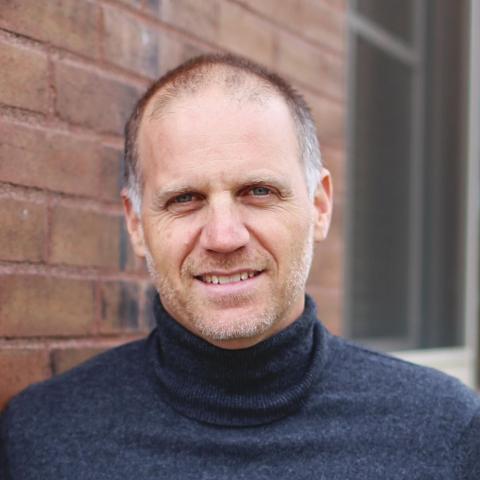

James Gerber, Ph.D., is a senior scientist, data science, with Project Drawdown. He has special expertise in agriculture’s impact on Earth’s ecosystems, food security, and the interrelation of climate and food security. Lead author for the Sixth Assessment Report of the International Panel on Climate Change (IPCC) with a focus on development pathways, he comes to Project Drawdown from the University of Minnesota.
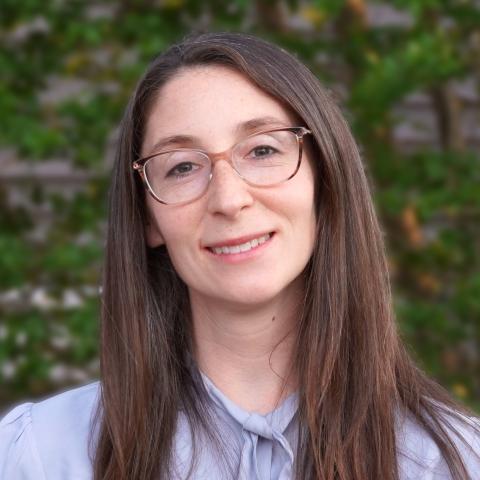

Sarah Gleeson, Ph.D., is a materials scientist with expertise in plastics, carbon removal, and science communication. She earned her doctorate from Drexel University in Philadelphia, where she wrote her thesis on designing a nanoscale synthetic bone composite. Previously, Sarah was a scientist at Running Tide studying ocean carbon removal and a postdoc at Lawrence Berkeley National Lab researching surfactants at liquid interfaces. Her research interests include systems-level decarbonization, waste mitigation, and global materials circularity. At Project Drawdown, she is analyzing the impact of emissions reductions in the industrial sector and the techno-economic potential of engineered carbon sinks. She also supervises research fellows assessing solutions in the Electricity, Industry, Buildings, Transportation, Other Energy, and Industrial Carbon Removal sectors.
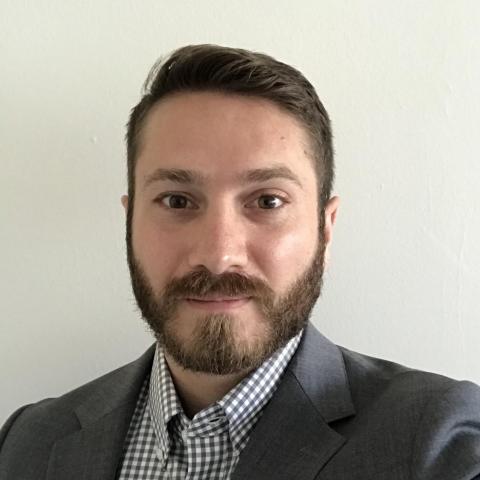

Daniel Jasper is the policy advisor for Project Drawdown. Previously, he worked for the American Friends Service Committee (AFSC), where he advocated for peace, humanitarian cooperation, and international development in Asia, and at World Learning, where he administered the state department's International Visitor Leadership Program. Founder and primary author of StreetCivics.com, Dan served in the Peace Corps in Turkmenistan from 2008 to 2010 and in Saint Lucia from 2013 to 2014. He has also worked for the UN High Commissioner for Human Rights, the Minnesota House of Representatives, and Congresswoman Betty McCollum.
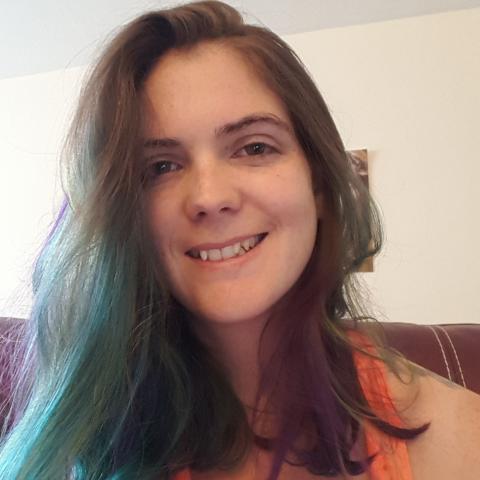

Megan Matthews, Ph.D., is an interdisciplinary researcher interested in using data and outreach to promote sustainability, food equity, and environmental justice through the lens of agroecology. At Project Drawdown, her work focuses on climate solutions in the electricity and food & agriculture sectors. Megan earned her Ph.D. in physics from the Georgia Institute of Technology studying the aerodynamics of plant-pollinator interactions before joining the Institute for Local Self-Reliance as a research fellow supporting the Composting for Community Initiative. In her free time, Megan enjoys baking, volunteering at community gardens, and frequenting outdoor festivals and markets.
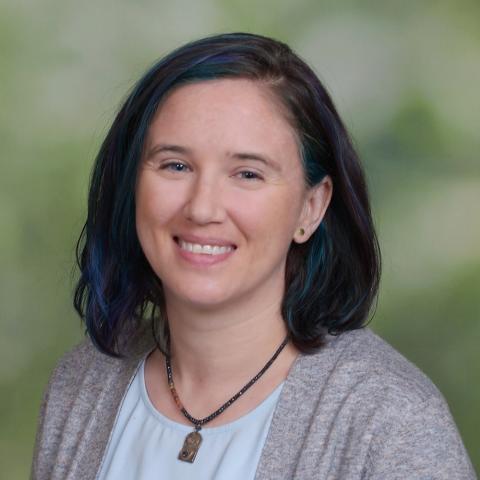

Amanda D. Smith, Ph.D., is senior scientist, built environment, with Project Drawdown and a researcher and analyst in building science and energy systems modeling. Her professional career includes academic, national laboratory, and industry positions. Most recently, she served as senior energy analyst at SOCOTEC USA. She received her doctorate from Mississippi State University.
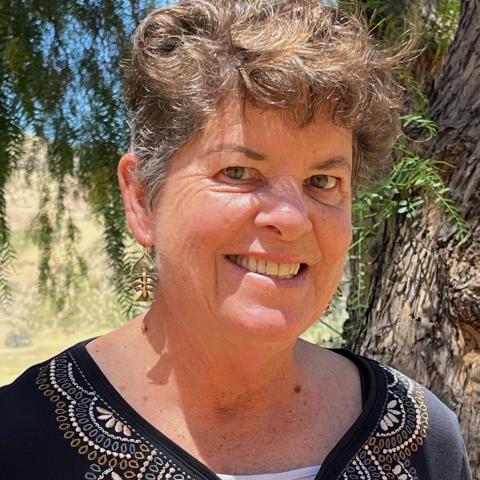

Christina (Tina) Swanson, Ph.D., is senior scientist, policy and private sector partnerships, with Project Drawdown. An environmental scientist with a background in cross-disciplinary research and multi-faceted engagement at the interface of science and policy, she is driven by an enduring passion to turn science into action to solve environmental problems and benefit society. Tina comes to Project Drawdown with more than two decades experience in the environmental non-profit arena, including with The Bay Institute and the Natural Resources Defense Council.
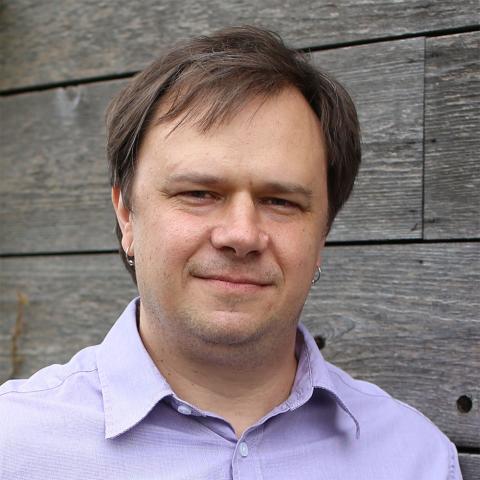

Paul West, Ph.D., is senior scientist, ecosystems and agriculture, for Project Drawdown. An ecologist researching solutions on managing lands and waters to improve food security, climate, nature, and people’s lives, he is driven by conducting cutting-edge science and working with others to effect change on the ground. He previously worked at The Nature Conservancy and the University of Minnesota. He received his doctorate from the University of Wisconsin.
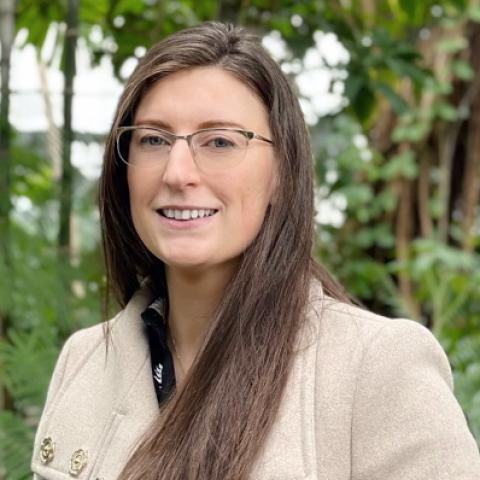

Emily Cassidy is an environmental scientist and writer, with expertise in agriculture, ecology, and land use. As a research associate at Project Drawdown, Emily evaluates the emissions mitigation potential of climate solutions in the food system. Emily has more than a decade of professional experience working with environmental nonprofits, universities, and the federal government, including with the World Resources Institute’s Systems Change Lab; on the Breakthrough Agenda, a roadmap for accelerating international collaboration on reducing emissions from major sectors; and as a science writer at NASA. She earned her bachelor’s and master’s degrees in environmental science from the University of Minnesota and has published in Science, Nature, and Environmental Research Letters.
Solutions Assessment Fellows
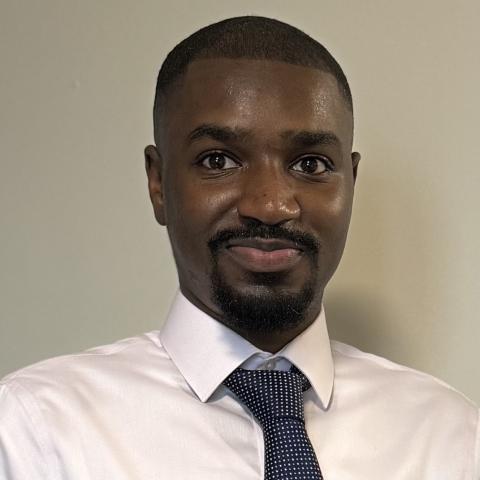

Al-Amin Bugaje is a scientist with a background in electrical engineering and experience in power systems modeling and applied machine learning. His research focuses on developing methods and tools that support the reliable and efficient operation of decarbonized grids. At Project Drawdown, he focuses on assessing climate solutions in the electricity sector. Previously, Al-Amin worked as a research engineer at EDF R&D UK and as a visiting researcher at the Delft AI Energy Lab. He is currently at Hitachi Energy Research Canada, where he works on scalable solution methods for continental-scale simulations. Al-Amin holds a doctorate in electrical engineering from Imperial College London, where his work included synthetic data generation methods for training robust models for power system security-sensitive tasks.
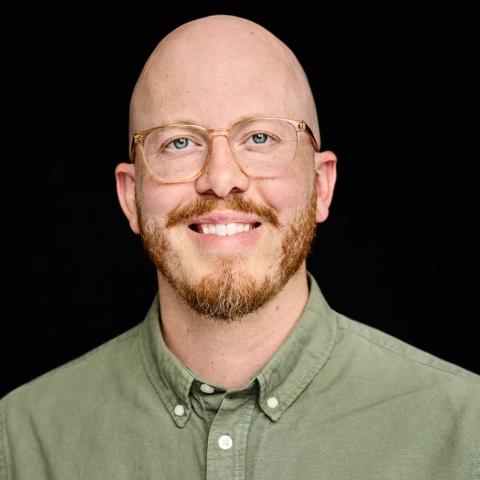

Nick Carter is a research fellow focused on the Food, Agriculture, Land, Ocean, and Nature-Based Carbon Removal sectors at Project Drawdown. He has a decade of experience working with environmental organizations and is currently director of environmental science at the Game Changers Institute. He co-founded PlantBasedData.org, now evolving into IFFS.earth. He has authored reports on methane and food-system disinformation, guest lectured at Yale and Harvard University, and spoken on panels with experts from Oxford and the Center for Biological Diversity. He previously contributed to the planetary-crisis strategy game Play.Half.Earth and helped launch CLIMAtlantic, a climate adaptation data hub. Nick holds a master’s degree in environmental practice from Royal Roads University.
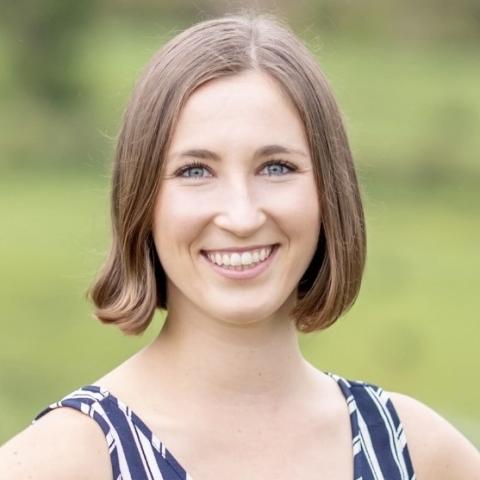

Avery Driscoll is an ecologist who studies the interactions between agricultural systems and climate change. She is particularly interested in ways that we can adapt to changing growing conditions while also reducing the environmental impacts of agriculture. Avery is currently a Ph.D. candidate and a National Science Foundation Graduate Research Fellow at Colorado State University, where she works on quantifying greenhouse gas emissions and productivity benefits from irrigation at the national scale. Previously, she worked at the University of Utah studying desert plant ecophysiology. Her work at Project Drawdown focuses on climate solutions related to agricultural management and ecosystem protection.
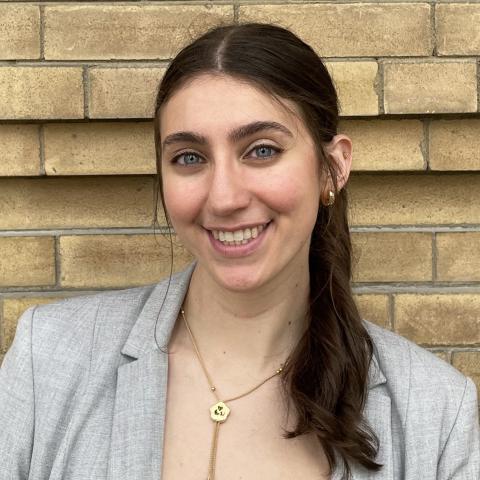

Nina-Francesca Farac, Ph.D., is an applied chemist with expertise in materials development, carbon-based electronics, and circular economy strategies. Her research interests include life cycle assessments, global resource management, and systems-level decarbonization. At Project Drawdown, she focuses on assessing climate solutions in the industry sector. Previously, Nina was an intern scientist at the startup Amber Molecular Inc. She has also worked on interdisciplinary projects investigating waste mitigation of rare earth elements from spent EV batteries and catalysis for commodity chemicals manufacturing, served as the communications coordinator for the Green Chemistry Initiative (GCI) at the University of Toronto (UofT), and was a fellow at the ACS Summer School on Green Chemistry & Sustainable Energy at the Colorado School of Mines. Nina earned her doctorate in Chemical Engineering & Applied Chemistry and her H.BSc in Materials Chemistry at UofT.
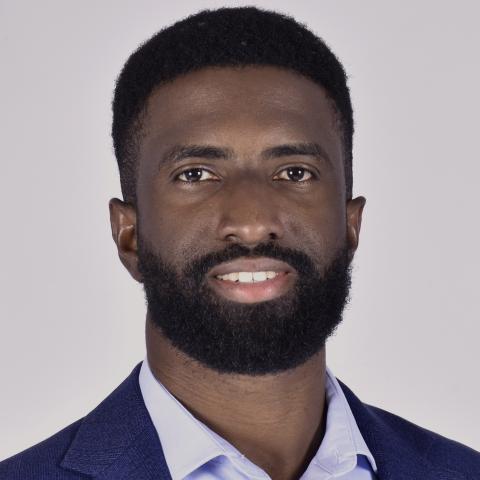

Henry Igugu, Ph.D., is a researcher and educator with expertise in building energy performance and sustainability. His work involves systems optimization in buildings for efficiency and competency development in green design. At Project Drawdown, he focuses on assessing climate solutions in the building sector. Previously, Henry served as a lecturer at the Tshwane University of Technology in South Africa, as a consultant with the World Bank Group, and as a visiting international researcher at the University of Helsinki in Finland. Henry earned his doctorate in architecture from the Tshwane University of Technology, where he explored the impact of practitioners, simulation practices, and industry challenges on discrepancies between expected and actual energy performance of buildings.
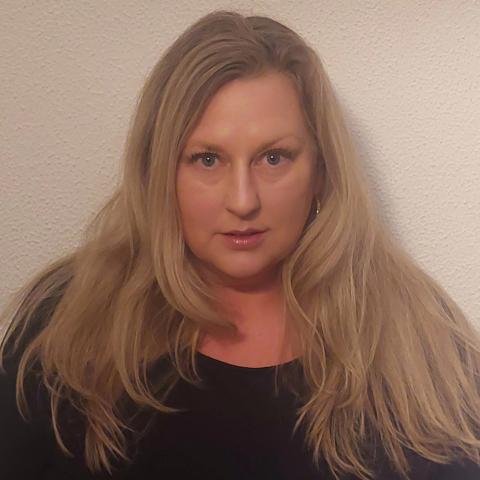

Heather Jones, Ph.D., is an economist who specializes in the intersection of infrastructure, transportation, and climate change. She has expertise in including externalities in assessments through CBA, LCA, and creating specialized models. Her work for Project Drawdown centers on climate solutions in the transportation sector. Heather earned her Ph.D. from the Massachusetts Institute of Technology (MIT) Portugal Program-University of Lisbon in Transportation Systems and an MBA in finance from the Jenkins School of Management at NCSU. She has lectured at MIT, SciencesPo and University of Lisbon-Técnico. She has worked on transportation, Infratech, climate financing mechanisms, and the circular economy at Asian Infrastructure Investment Bank, UN ESCAP, World Bank, and GCSE and served as an associate editor for the Encyclopedia of UN Sustainable Development Goals.


Jason Lam holds a bachelor’s degree in biosystems engineering with an environmental specialization from the University of Manitoba and a master of engineering leadership in clean energy engineering from the University of British Columbia. He previously worked in the nonprofit sector with the Pembina Institute, where he conducted analysis on Canada’s liquefied natural gas sector, and has experience in the engineering consulting sector in both Manitoba and British Columbia with downstream oil and gas clients. His work with Project Drawdown focuses on the buildings, electricity, and industry sectors.


Heather McDiarmid, Ph.D., is a climate change mitigation consultant and educator who specializes in decarbonization solutions for the residential sector. She has a strong passion for heat pumps that, while not perfect, are incredibly energy efficient, very effective at reducing building emissions in most regions, and also improve comfort and double as air-conditioners (how can you not get excited about that!). At Project Drawdown, her work focuses on climate solutions related to buildings, electricity, industry, and transportation.
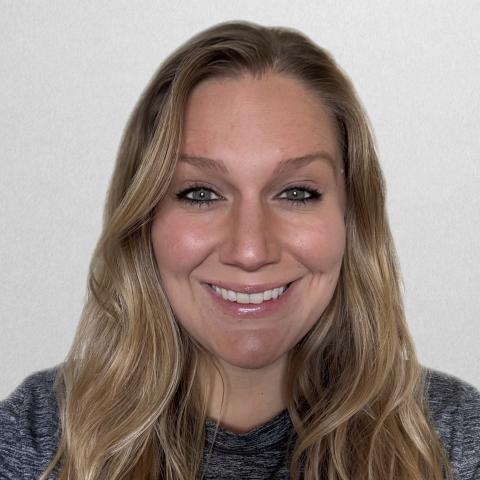

Christina Richardson, Ph.D., is a coastal hydrologist and biogeochemist who studies the impacts of climate change and other disturbances, like wildfire, on aquatic ecosystems. She has worked on a wide range of projects across the terrestrial-marine nexus, from tracking wastewater pollution in groundwater entering coral reefs to carbon cycling in drained and restored peatlands. At Project Drawdown, her work focuses on climate solutions at the coast and in the ocean. Christina received her Ph.D. from the University of California at Santa Cruz in Earth and Planetary Sciences and M.S. in Geology and Geophysics from the University of Hawaiʻi at Mānoa, where she was a National Science Foundation Graduate Research Fellow. She is also a National Geographic Explorer. Christina holds a B.S. in Marine Biology from the University of California at Santa Cruz as well.
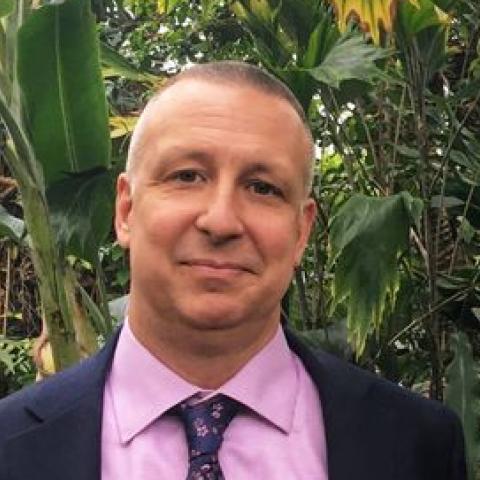

Eric Toensmeier is a writer, trainer, and consultant working on agricultural climate change mitigation. Eric has served as a senior fellow with Project Drawdown and the Global Evergreening Alliance, and a lecturer at Yale University. He specializes in agroforestry and perennial crops. At Project Drawdown, he supervises research fellows assessing solutions in the Food, Agriculture, Land, and Ocean and Nature-Based Carbon Removal sectors. His books include The Carbon Farming Solution and Trees with Edible Leaves.
“The solutions we need are already here. By working together, we can create a better future.”
Jonathan Foley

